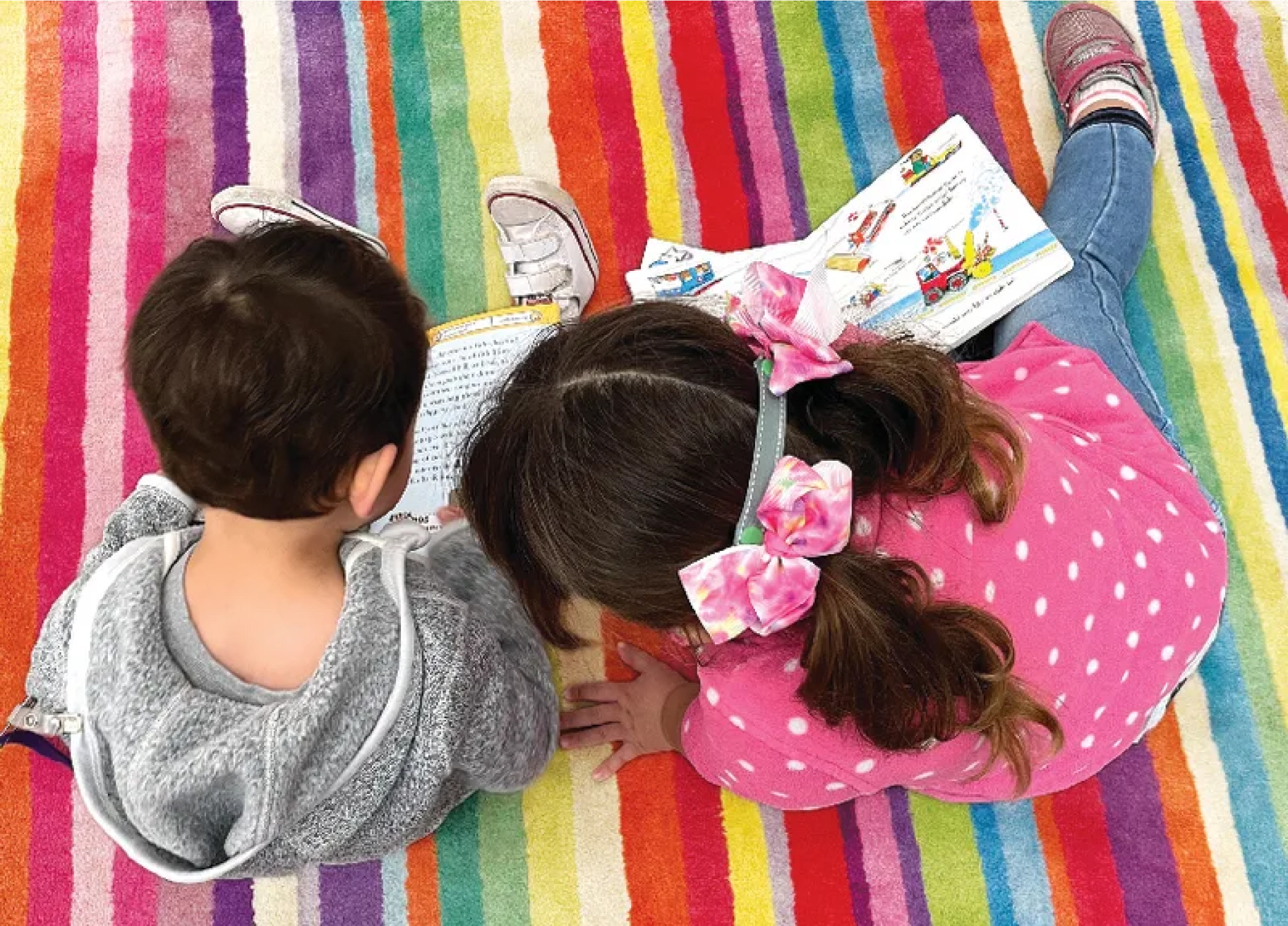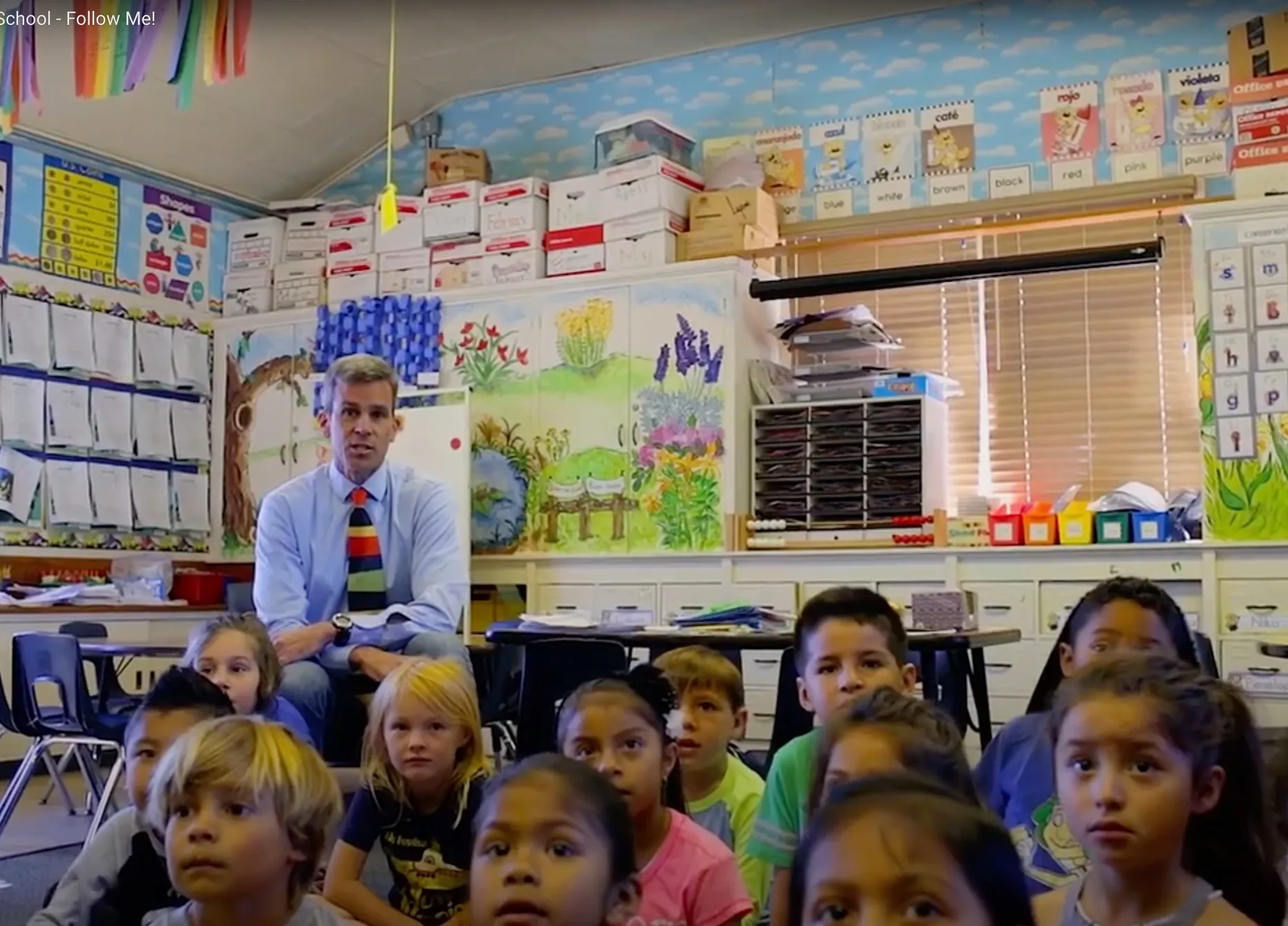Making the switch from balanced literacy to the Science of Reading is far more than a curriculum change, it is a paradigm shift. Most of our educators did not have the benefit of learning that the brain is not naturally wired to read, and how reading is most optimally taught. It is a complex process that requires experienced, informed leadership and a commitment to the time and support required for successful implementation.






